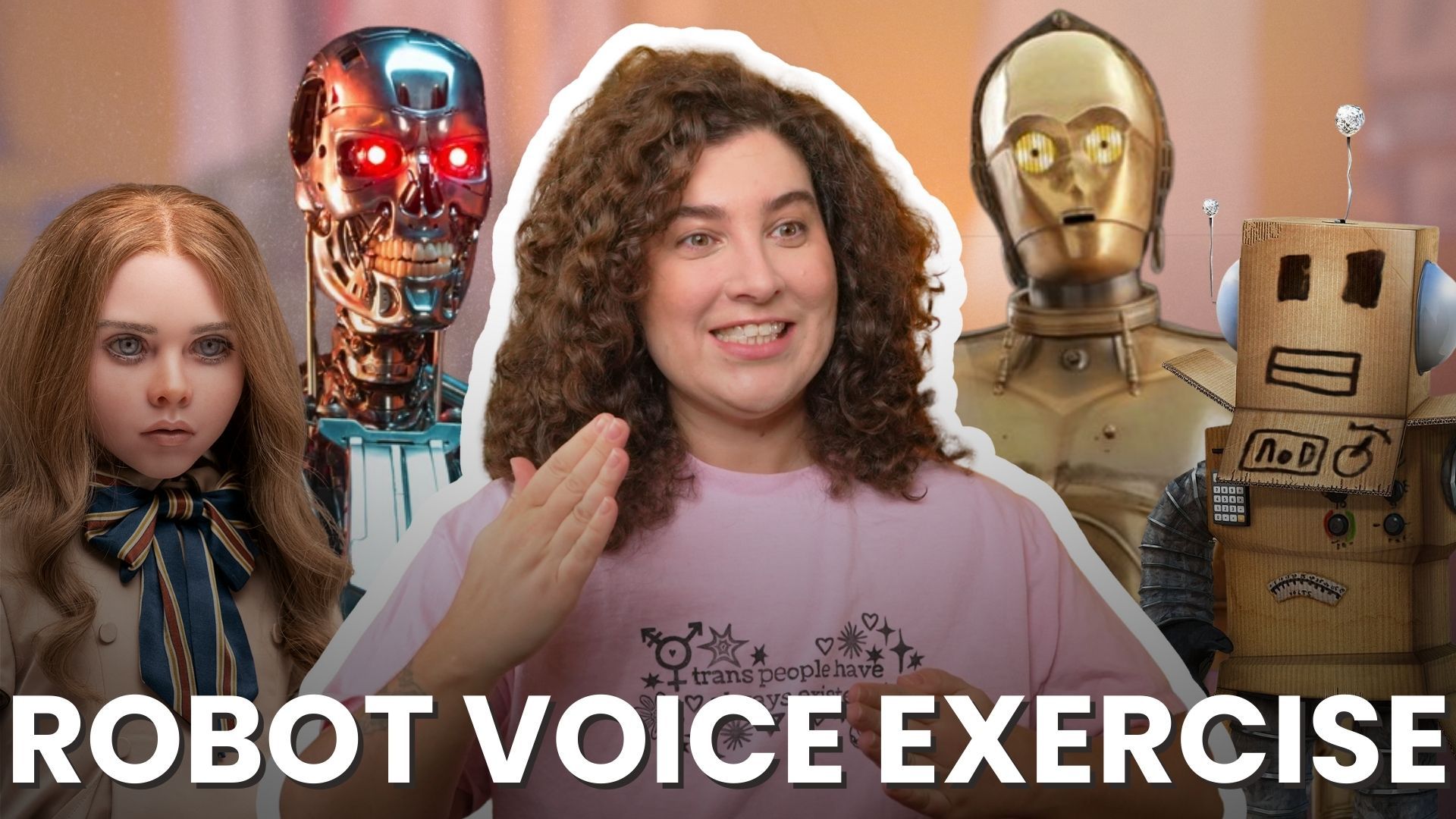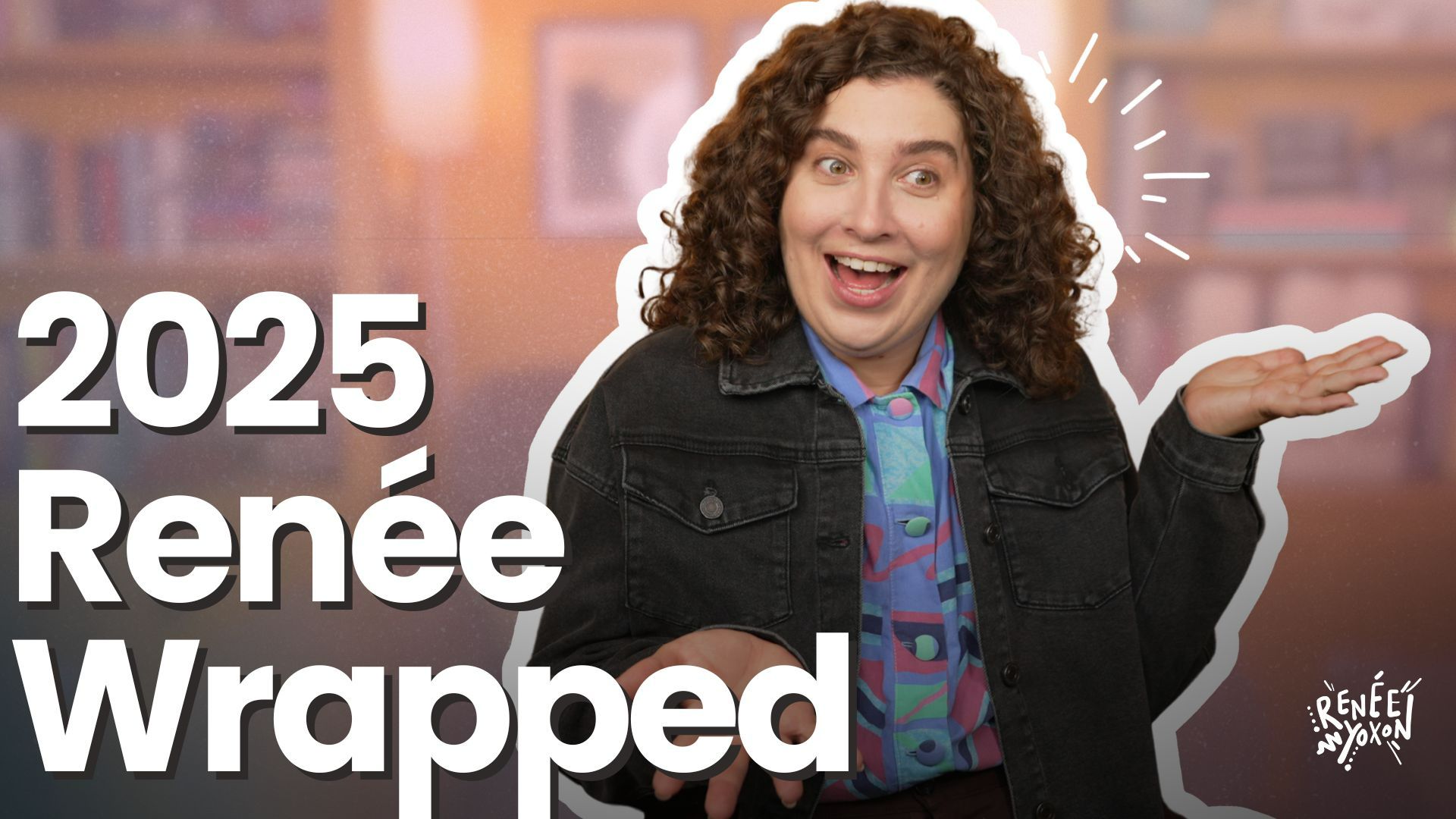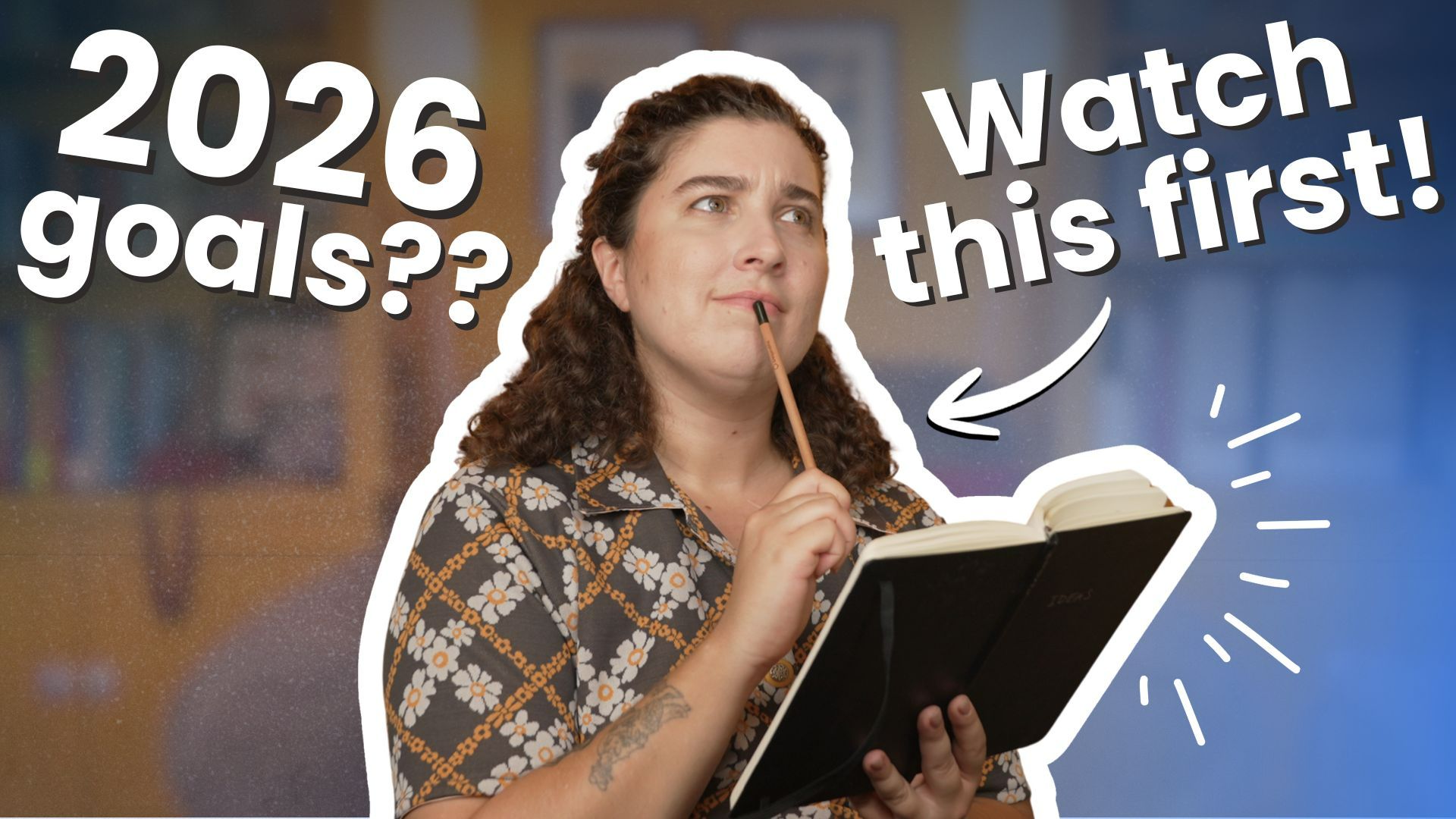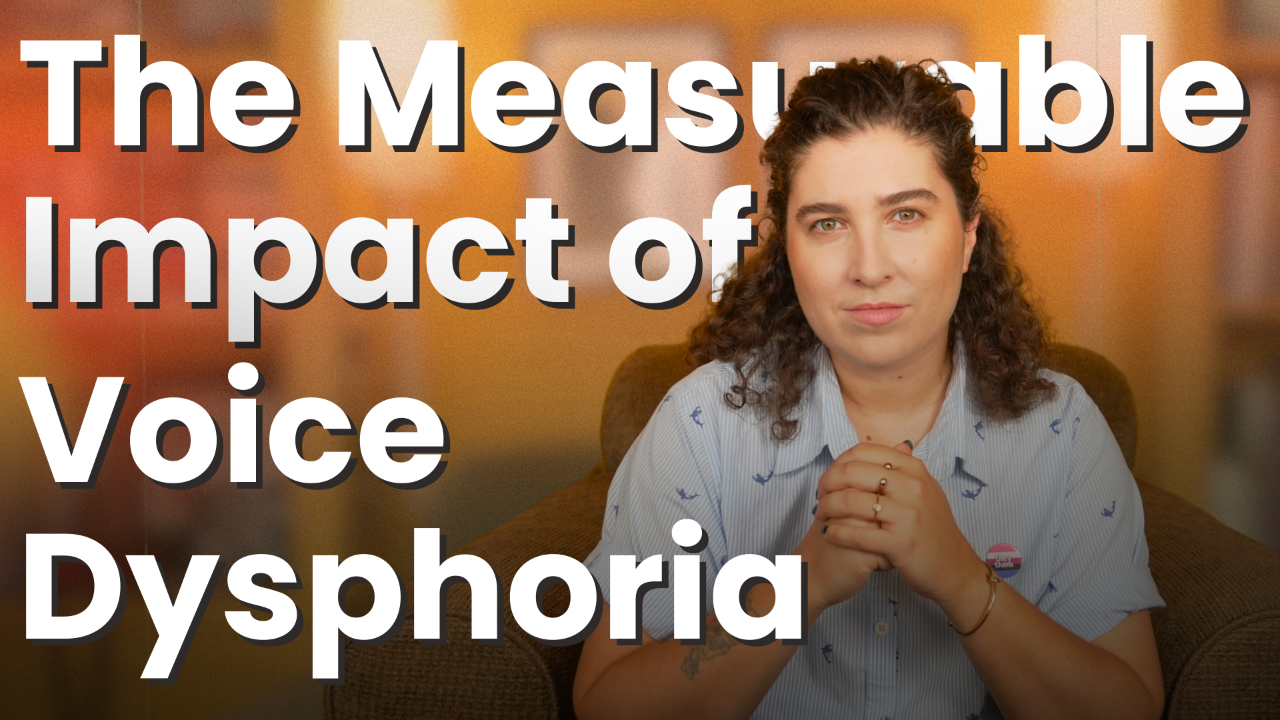Confidence, Storytelling, and Getting Paid (w/ Evolve Benton)
Sep 04, 2025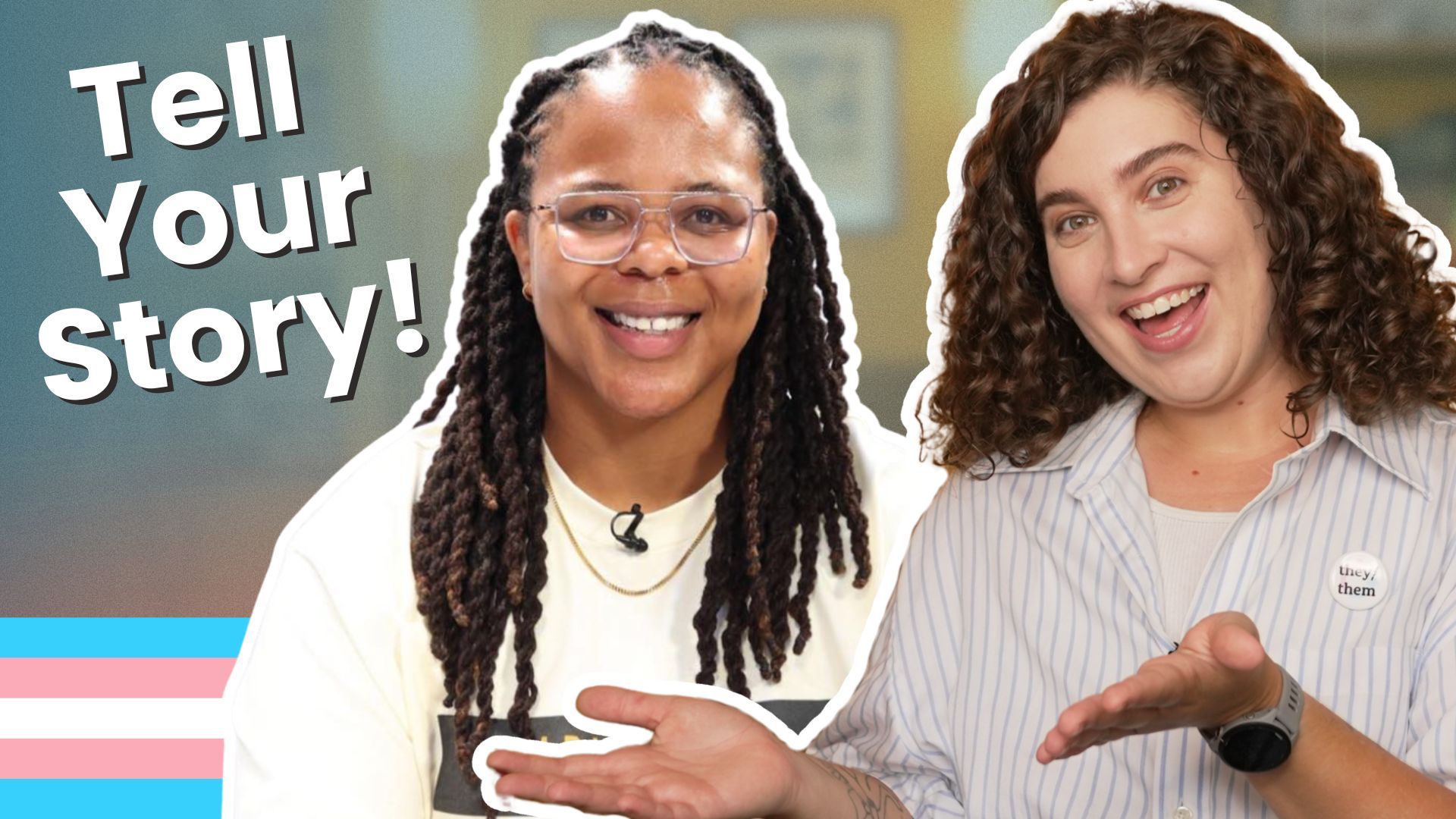
What does it mean to put a value on your story? For so many queer and trans people, being asked to share our experiences is a regular occurrence — in classrooms, at conferences, on panels, and in workplaces. Too often, we’re expected to do this for free, as if our voices aren’t worth compensation.
But thriving queer and trans businesses are a form of community care. When our voices are valued, when we’re paid for our stories, and when we reinvest that income into our people, we create more sustainable, resilient communities.
That’s why I sat down with Evolve Benton (they/king), founder of Speaking 4 Profit University. Evolve is a powerhouse speaker, educator, and coach who helps LGBTQ+ leaders thrive by teaching them how to monetize their message. In our conversation, we dig into the stigma around money in queer and trans spaces, the tools that help us speak with confidence, and why storytelling itself is a form of activism.
👇 You can watch the full interview here:
In this talk, you’ll hear:
- Why queer and trans entrepreneurship is part of liberation work
- How to move from “sharing for free” to thriving as a paid speaker
- Practical tools for negotiating, handling rejection, and breaking scarcity mindsets
- Why storytelling is not just personal, but a cultural force for change
If you’ve ever felt conflicted about asking for payment, or if you’re curious about how to connect your voice with bigger systemic change, I think you’ll find something valuable in this episode.
Highlights
Community Care & Thriving Businesses
“Please take care of your people. Give to mutual aid. Let's support one another. But our businesses thriving and the financial economy of our communities is just as important.”
Evolve also reminded us of the inner voice that can hold us back: “You shouldn't even be compensated. You shouldn't be making money. No, you should, because we know that the money that you're going to make is going to be used for good, and it's going to be used for the longevity and the freedom of our communities.”
As I shared during our conversation, these questions of value and worth connect to other parts of our identity: “Like, I don't know, as a disabled person who is also trans, it's like those two parts of my identity have interacted with each other my whole life. I don't know what it's like to be non-disabled and trans or trans and not the other.”
From Sharing for Free to “Monetize Your Message”
When Evolve started speaking, they noticed a pattern: “Starting off as a queer person in the public speaking space, there was just no one who was telling me about the business side of it. Everyone was asking me to share my story for free or to share it for dinner. Right? … my professor saying, love, can you come and share your story? I'm like, cool, what do I get? And they're like, you get an Amazon gift card and we'll feed you, right?”
That moment sharpened into clarity later: “I was at an event and someone said that they had raised $1.5 million dollars at the event I spoke at, and that was the moment when it registered to me that I was kind of being taken advantage of. … I think as queer people, as LGBT people, we're often asked to share our story, our data, our information.”
Their answer? “This is actually a business. You can get paid and you should be compensated, especially if it's something that's emotionally laboring, like your coming out story or any of those traumatic things that might happen in your experience, you should be compensated for.”
Breaking the Money Taboo
I reflected during our talk: “Yeah. I think there's like a taboo around money in—especially in queer communities. Like we don't like to talk about how much money we make or how we make money or ask to make money.”
Evolve explained how they reframe that conversation: “Marketing is interesting in business, right? … monetize your message, right? And that draws people in because they want to make money. But what they don't realize is this really me tricking them into doing some work around scarcity and their money mindset.”
That mindset shift begins with dreaming bigger: “We have an activity, that we call our ‘money back prophecy.’ And it's really a dream activity where you can think about what does it look like for you to actually thrive, not just survive, because many of us have only been in survival mode most of our lives.”
Safety, Nerves, and “Do It Scared”
Evolve was honest about what it means to speak up in unsafe environments: “You know, I think safety. Safety is such a privilege, right? … we've never really felt safe.”
Yet even without safety, their practice is rooted in courage: “So for me, it's more of an honor and a spiritual practice. And that means that it's always not easy. It comes with fear. It comes with doubt. It comes with worry. But I'm honored to have it and have the privilege to be able to use it.”
My response was simple: “Yeah. Like just do it scared. Basically.”
And Evolve agreed: “Do it scared. Cause you—if you're not scared then you're not really doing it.”
Negotiation, Rejection & The “No” Muscle
For Evolve, helping clients grow means facing rejection head-on: “It's not easy work for them or for me. But being a part of people's dreams is so powerful.”
They put it plainly: “Really getting my clients comfortable with ‘no’s. … I know that for me, business is usually slow when I haven't gotten enough ‘no’s.”
I shared my own experience from grant writing: “Back when I was a professional musician, I used to apply for grants all the time… my first 12, maybe dozen or more grants were rejections. … I just saw every rejection as like, good. I got to get two ‘no’s out for every one yes.”
Storytelling as Culture Change
Evolve believes storytelling is the foundation of both money and movements: “I think that stories are the foundation to the way that money moves in this country.”
They tied it directly to activism: “As leaders, as entrepreneurs, as activists, that we really get connected to not just telling our own stories, but the stories of the history of others.”
And they reminded us of the stakes: “Anytime you ask me a question, you know, I bring in my ancestors… because if we don't, what the other side of that is erasure.”
Intersectionality & Audience Fit
Intersectionality, Evolve noted, isn’t just theory—it’s lived: “Intersectionality … is talked about very much in theory. But this is a great question because you're asking like, how do you live it?”
Their approach is context-aware but unapologetic: “So when I'm in the black space, you better believe the pronouns are in the name. I'm telling them, they and King. You're going to get the tea right? And if I'm in the queer space, I'm probably going to play Luther.”
Still, they’re strategic: “I do know what stories to focus on. And I think that's important as a speaker, because organizations do have outcomes.”
Outreach Every Day
“Like I say, every day you should tell someone new about your business,” Evolve said. “I was just at the acupuncturist. I told the girl, I said, you know, I work with public speakers (laugh).”
Their point was clear: “So why would we ever stop doing that? Like we have to get comfortable with outreach and sharing ourselves.”
A Note on Resources & Giving Back
As I put it near the end of our conversation: “I make more money now as a course creator than I did as a private teacher. And what I've been able to do with that money is make so many more free resources for my community than I was ever able to make when I was teaching private lessons.”
🔗 Links & Resources:
- Evolve’s YouTube channel: https://www.youtube.com/@speaking4profituniversity
- Speaking 4 Profit fee calculator: https://www.speaking4profit.com/speaking-calculator
Want weekly tips, resources, and insights on trans voice training? Sign up for my newsletter and get the latest content delivered straight to your inbox. It's free!



